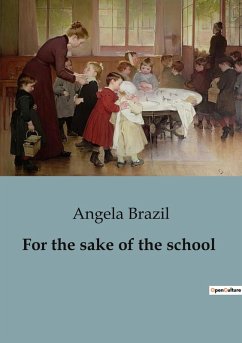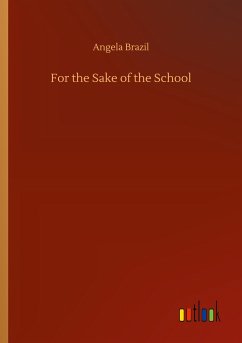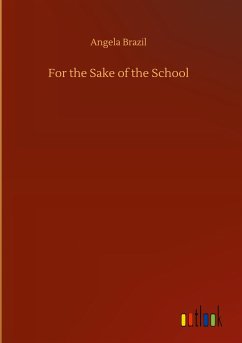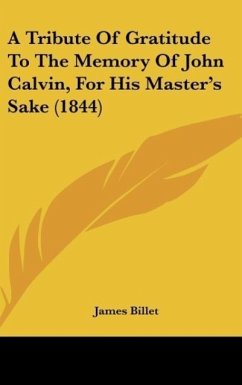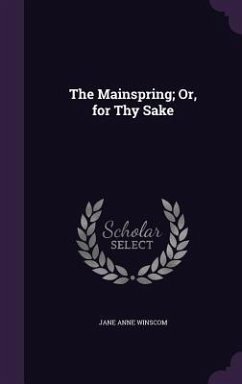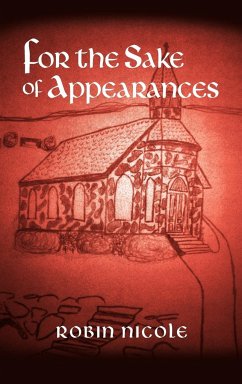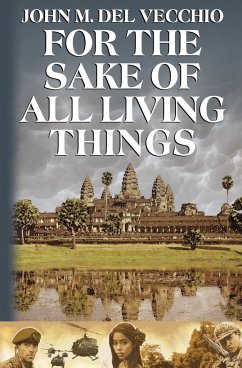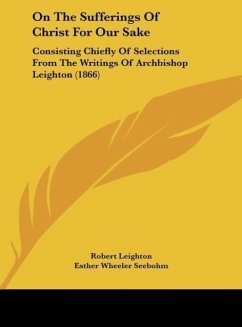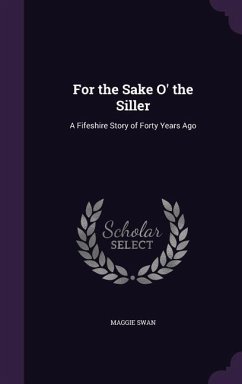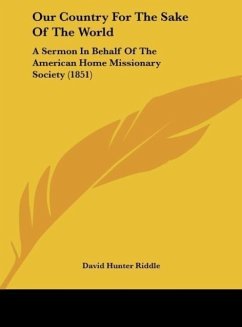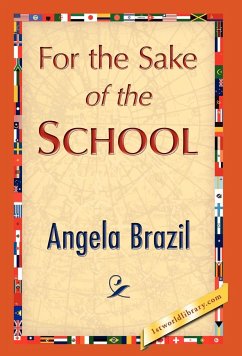
For the Sake of the School
Versandkostenfrei!
Versandfertig in über 4 Wochen
26,99 €
inkl. MwSt.

PAYBACK Punkte
13 °P sammeln!
Are they never going to turn up? "It's almost four now!" "They'll be left till the six-thirty!" "Oh, don't alarm yourself! The valley train always waits for the express." "It's coming in now!" "Oh, good, so it is!" "Late by twenty minutes exactly!" "Stand back there!" yelled a porter, setting down a box with a slam, and motioning the excited, fluttering group of girls to a position of greater safety than the extreme edge of the platform. "Llangarmon Junction! Change for Glanafon and Graigwen!"



